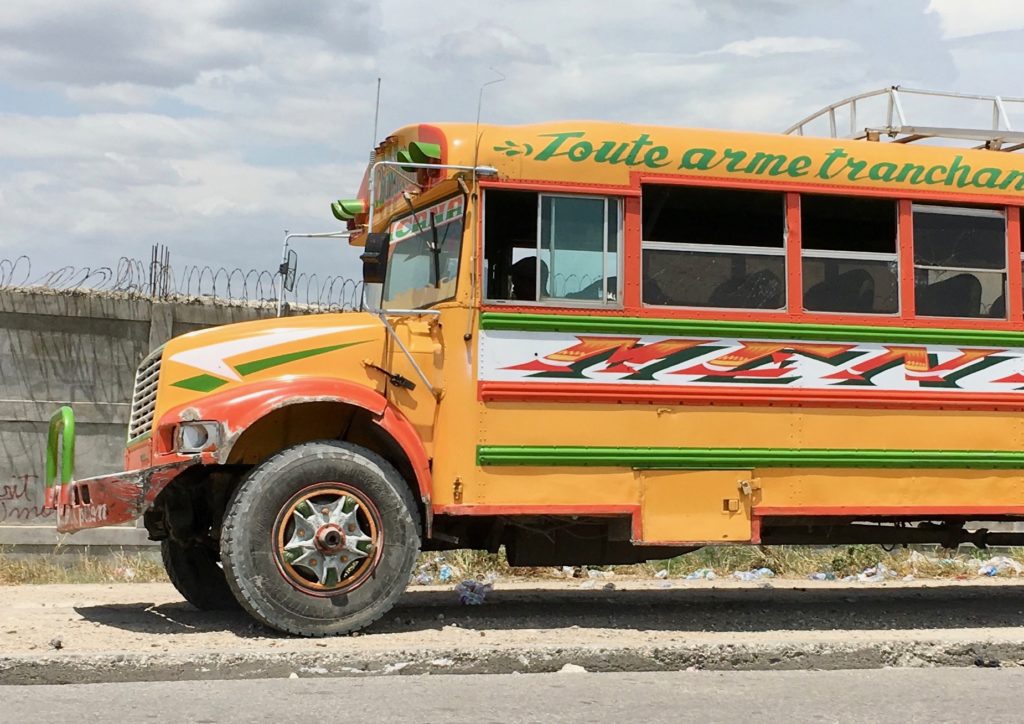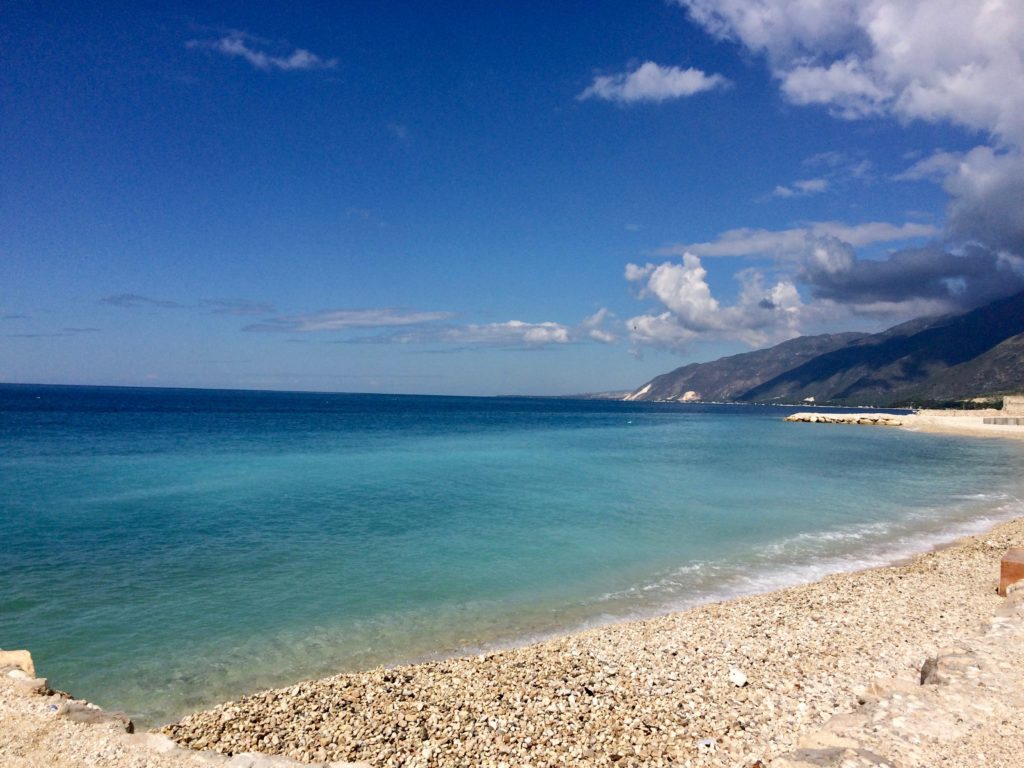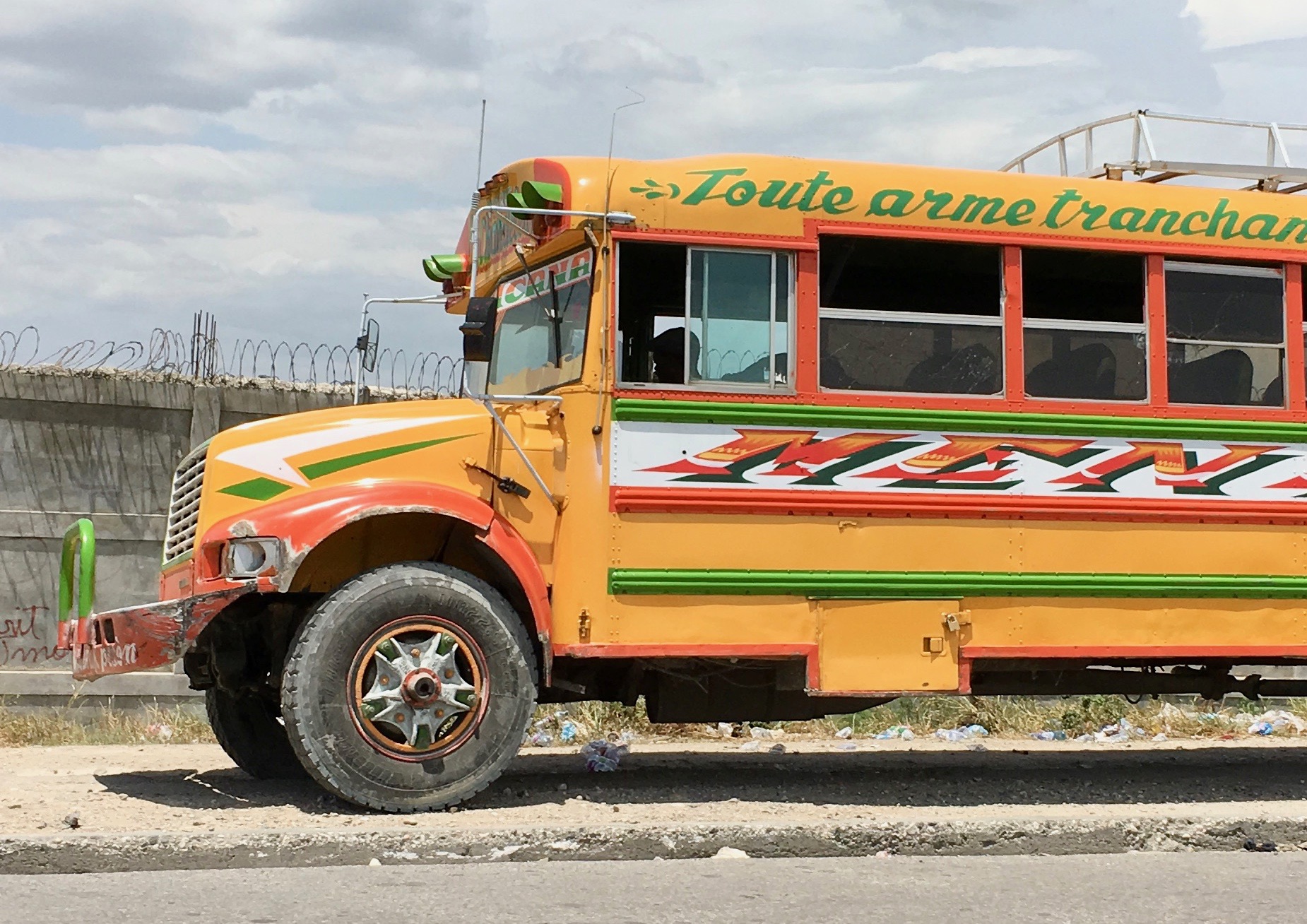By: Mark Fulton

The large repainted school bus pulled up near the entrance to the hospital. A flurry of activity ensued inside and a gentleman emerged from the bus’ door, stating that they had a man inside who was in very critical condition. We prepared a gurney and rushed to the door of the well-used bus and two men carried the injured man and placed him on the gurney. Noticing that our ER doctor was busy with other patients, I went to the side of the man on the gurney and tried to ascertain his story. A distinguished lady exited the bus and began to share the events surrounding the day. Pierre (not his real name) is in his mid-20’s and was being treated to a day at the beach with some friends. As the friends were swimming in the ocean, Pierre was several yards away from anyone when he went under the water. Noticing that he did not surface after a short time, his friends rushed to his side, saw he was unconscious, and pulled him to the shore and decided to get him to a local hospital. After asking around, the Church of God hospital in Saintard was suggested, Pierre was loaded into the bus, and was brought to see the doctors at our ER.

I yelled for a nurse to assist and both of us began assessing him. His temperature was nearly the same as the ambient temperature, he had no pulse, no respiration, and his pupils were fixed and dilated—all signs that his life had slipped away. A few hours had passed since he was pulled from the ocean. As with emergency situations around the world, the decision needed to be reached if we should try heroic measures to resuscitate him. After some brief conversations, it was decided that the harsh reality was that Pierre had passed from this life to the next. His friends said that Pierre was diagnosed with a seizure disorder of some type several years ago, but the medicine he needed was not affordably available to him. They believed that he had a seizure prior to his fatal descent into the ocean.
We began to process our next step, since Pierre’s family was in Port au Prince, and the road between the hospital and his family was currently blocked due to riots. The family was reached but inaccessible due to the situation. The bus was sent on its way and we waited. And waited. And waited for the road to be open. After several hours, we got the news that he could be transported through the road. The relief that the road was open was certainly overshadowed by the reality of his passing, but taking one step toward closure of the situation was certainly welcomed.
As I reflected on the day, I couldn’t help but wonder:
–What would have changed if Pierre had been able to get the medicine he needed?
–What would have changed if he could have gotten to the hospital a bit more quickly?
–How could things have been handled better as we need to account for roadblocks?
–Why did this life end so tragically?
I didn’t come up with any concrete answers to these questions but as I sat for a moment, wiped a tear away for what “might be” in a different world, I felt helpless. So many times in Haiti, we feel helpless and too small to make the necessary changes to make this little island a better place. BUT, we do not feel hopeless. As long as there is a God who provides the hope, we will continue to try to make a change. A change for hope. A change for the voiceless. A change for the sake of Christ.
Our prayers and condolences go out to the family of Pierre.
